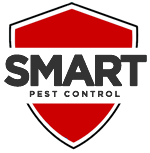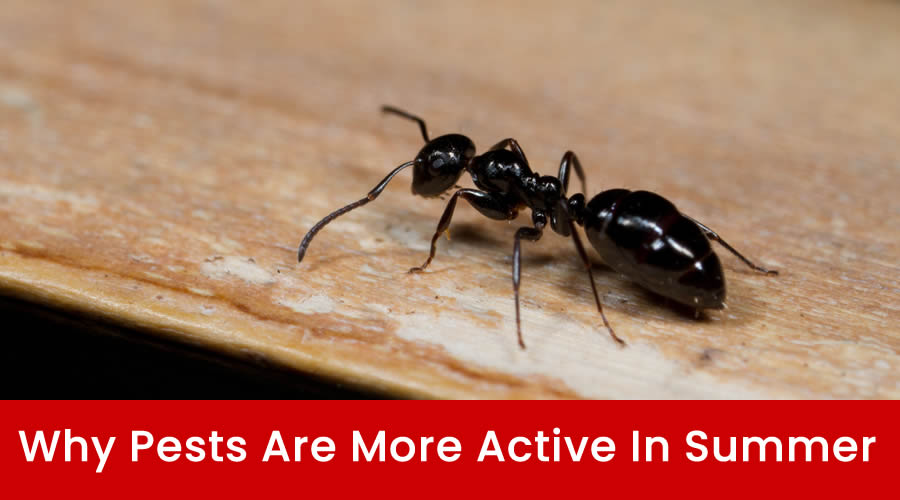Why Pests Are More Active in Summer
Pests cause more problems during summer. You see more ants, mosquitoes, fruit flies, and other bugs around your home. This is not by chance. The season creates the perfect conditions for various pests to grow and spread quickly. Understanding why they become active in summer helps you protect your home better.
This article explains the main reasons pests thrive in warm months.
1. Warm Weather
Pests rely on the outside temperature to regulate their activity. Many insects and rodents are cold-blooded, meaning their body temperature changes with the environment.
When the weather warms, their metabolism speeds up. This causes them to move more, eat more, and reproduce faster. For example, mosquitoes develop from larvae to adults much quicker in warm conditions.
Cold weather slows or stops pest attack because they cannot survive freezing temperatures. Warm days encourage pests to come out of hiding and multiply.
2. Abundant Food and Water
Summer months provide plenty of food and water for pests. Gardens and fruit trees produce ripe fruit and nectar, which attract many insects. Outdoor meals, barbecues, and picnics leave behind food crumbs and sugary drinks that they target. Even pet food left outside can draw ants and rodents.
Water is just as important. Pests need water to survive and breed. Standing water in birdbaths, gutters, puddles, and plant saucers becomes mosquito breeding sites. Leaky pipes and clogged drains provide moisture that pests such as cockroaches and silverfish prefer.
The easy availability of food and water supports large pest populations in summer season.
3. Longer Days
Summer days last longer, meaning there are more daylight hours. Pests use this extra time to find food and reproduce. For instance, mosquitoes are most active during dawn and dusk but benefit from longer evenings to feed and breed. Ants and flies use longer daylight to explore wider areas for food sources.
This extended activity increases the chances of bugs invading homes and yards. Longer days also speed up pest life cycles, resulting in faster population growth.
4. Increased Humidity
Humidity is higher in summer due to warmer air holding more moisture. Many pests thrive in humid environments. Moist air prevents them from drying out and helps with their survival.
High humidity also softens soil and wood, making it easier for pests such as termites and ants to dig tunnels and build nests. Cockroaches prefer damp and humid conditions to stay active.
Additionally, this dampness encourages mold and fungi growth, which can attract pests like silverfish and spiders. Areas with high humidity experience an increase in insect activity.
5. Increased Outdoor Activities
Summer encourages people to spend more time outdoors. Activities like gardening, barbecues, and camping increase exposure to pests.
Food and garbage attract insects such as wasps, ants, and flies. Tall grass, bushes, and wood piles near homes provide hiding and nesting places for ticks, spiders, and rodents.
More human activity outdoors means more opportunities for pests to find food and shelter close to homes. It also increases the risk of pest bites and infestations.
Prevention and Control Strategies Against Summer Pests
- Remove standing water quickly.
- Cover food during meals.
- Seal cracks and gaps around the home.
- Keep yards clean and trim bushes regularly.
- Use insect repellents when outside.
- Contact professional pest control services for severe infestation.
Reasons For The Increased Pest Activity in Summer
Summer is the season for pests. It creates the ideal environment for them. Warm temperatures, abundant food and water, longer days, higher humidity, and increased outdoor fun all contribute to pest growth and spread.
Understanding these factors helps you take steps to reduce pest problems. By acting early and maintaining a clean surroundings, you can keep your home and yard comfortable and pest-free all summer long.
Please visit our home page if you want more detailed pest control advice or information on specific pests.

